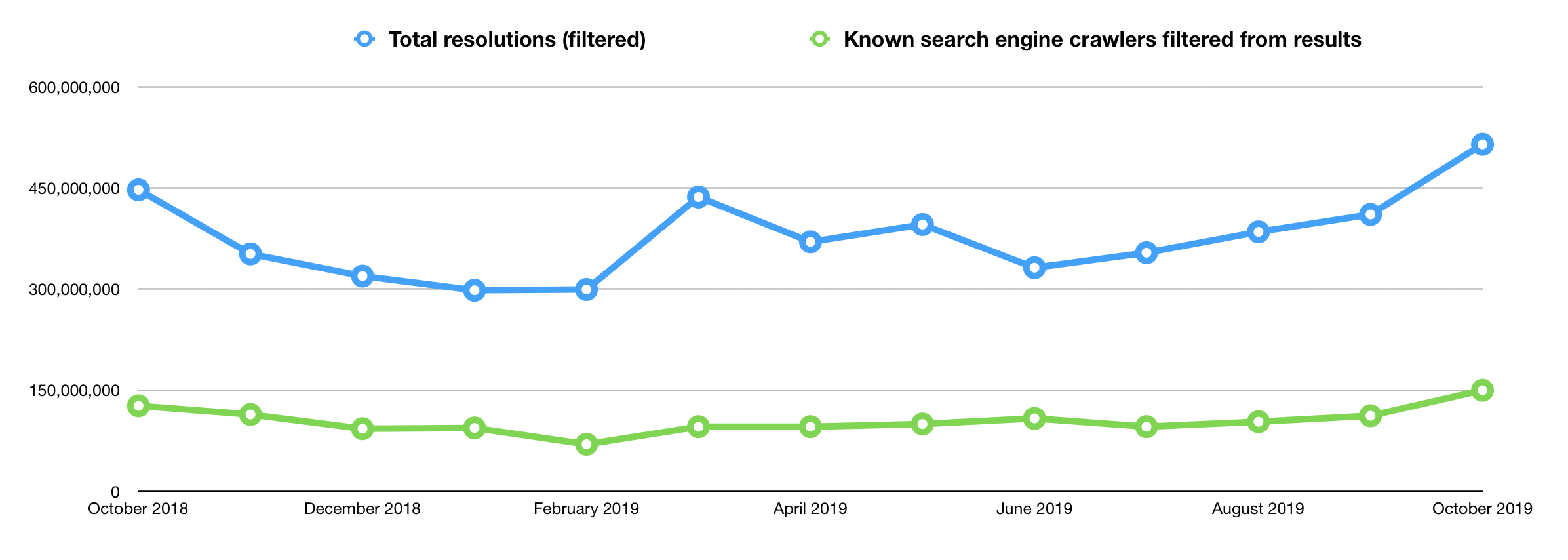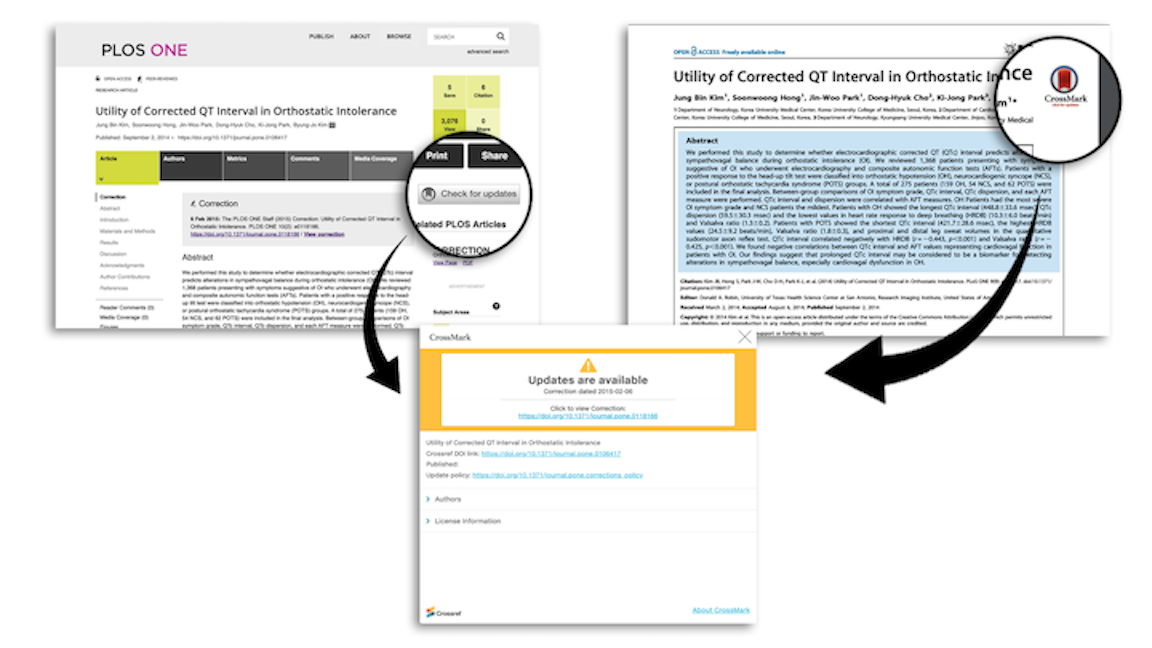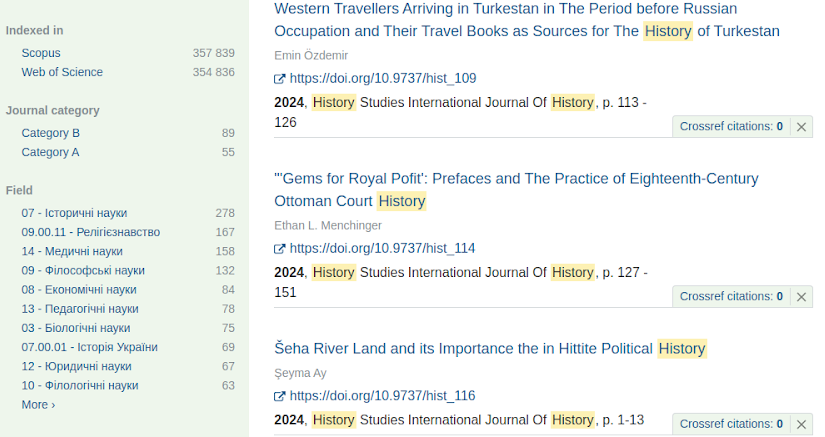
This blog is long overdue. My apologies for the delay.

This blog is long overdue. My apologies for the delay.
A lot of people have been using our public, open APIs to collect data that might be related to COVID-19. This is great and we encourage it. We also want to make it easier.
It seems like ages ago, particularly given recent events, but we had our first public request for feedback on proposed schema updates in December and January. The feedback we received indicated two big things: we’re on the right track, and you want us to go further.

TL;DR: We no longer charge fees for members to participate in Crossmark, and we encourage all our members to register metadata about corrections and retractions - even if you can’t yet add the Crossmark button and pop-up box to your landing pages or PDFs. – Research doesn’t stand still;
Publisher metadata is one side of the story surrounding research outputs, but conversations, connections and activities that build further around scholarly research, takes place all over the web.
At Crossref, we’re committed to providing a simple, usable, efficient and scalable web-based tool for registering content by manually making deposits of, and updates to, metadata records. Last year we launched Metadata Manager in beta for journal deposits to help us explore this further.
Detective Matcher stopped abruptly behind the corner of a short building, praying that his loud heartbeat doesn’t give up his presence. This missing DOI case was unlike any other before, keeping him awake for many seconds already.
Update: Deadline extended to 23:59 (UTC) 13th March 2020. Distributed Usage Logging (DUL) allows publishers to capture traditional usage activity related to their content that happens on sites other than their own so they can provide reports of “total usage”, for example to subscribing institutions, regardless of where that usage happens.
Our paper, Crossref: the sustainable source of community-owned scholarly metadata, was recently published in Quantitative Science Studies (MIT Press). The paper describes the scholarly metadata collected and made available by Crossref, as well as its importance in the scholarly research ecosystem.
Where does the time go… In my blog post on January 14th about Crossref’s 20th anniversary I said, “The one constant in Crossref’s 20 years has been change”. It’s true that there has been constant change, but there has been another constant at Crossref –– me (and DOIs, to be

Over the past few years, I’ve been really interested in seeing the breadth of uses that the research community is finding for the Crossref REST API.